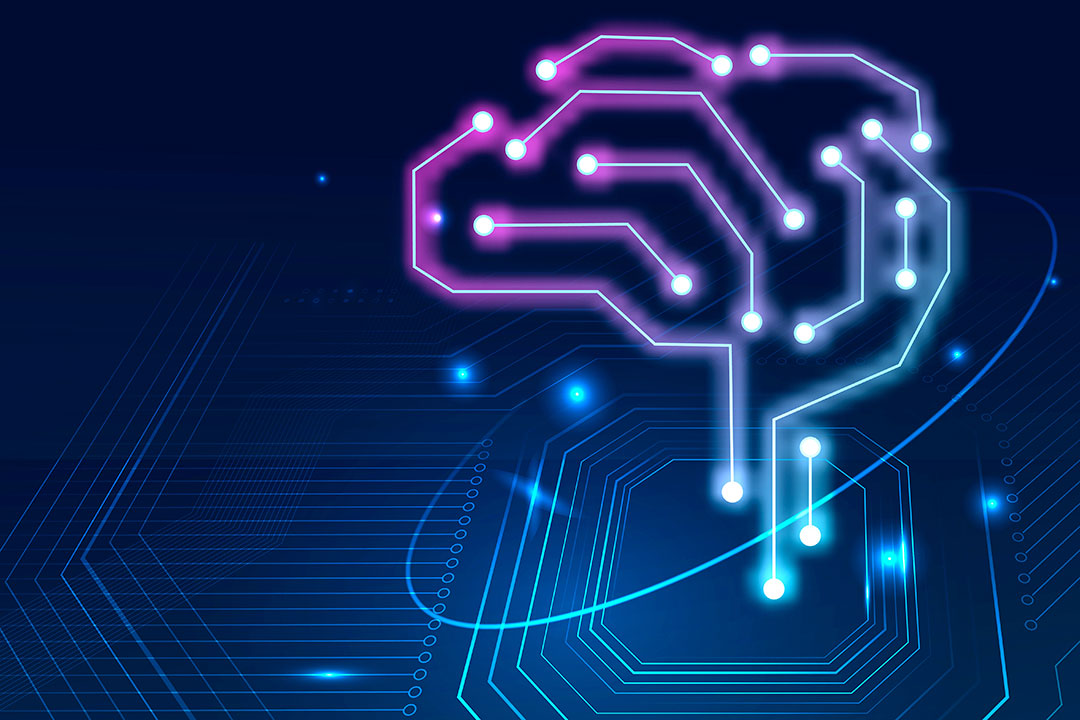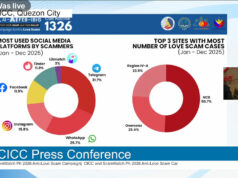PHILIPPINE businesses can reap P2.8 trillion for the economy by 2030 if it adopts tools specialized in generative artificial intelligence (AI), according to global tech advisory firm Access Partnership.
“These are a range of aspects from improving, reducing routine tasks, improving creativity, and also using it in the government and public sector to improve the availability and quality of different public services,” Fraser Thompson, economics strategy principal at Access Partnership, said at the launch of Google’s AI Essentials on Coursera.
AI can also contribute to the digital skills training and generate P809 billion in annual gross domestic product, Mr. Thompson said.
The Philippines has yet to keep up with the global adoption of AI tools amid its infrastructure gap and fears that it could replace human workers.
The country’s young working population and its English proficiency could help utilize the benefits of AI, Mr. Thompson added.
However, concerns on AI also highlight the lack of access to new technologies especially in isolated areas, he said.
“It’s not about losing jobs to technology, but it’s about not having access to the digital skills to be capturing the benefits of AI. This is where we need to shift that focus.”
“[The focus should be] on making sure we get that broad-based access to the skills that’s going to be needed to access AI. And my real worry on the social agenda is that we miss out certain key areas of society that are not capturing those benefits,” Mr. Thompson added.
Gabby Roxas, country marketing manager of Google Philippines, Vietnam and Southeast Asia Frontier Markets, said it seeks to narrow the digital skills gap through a course on the basics of AI.
The ten-hour self-paced course includes an introduction to AI, how AI tools could help maximize productivity, prompt engineering, and the advanced but responsible of AI.
“It gives you examples on how to use [AI] for work, for any type of scenario, whether it’s data analysis or planning, all of those are, you know, given as hard skills or examples that you can actually learn from,” Mr. Roxas told BusinessWorld on the sidelines of the launch.
The course would also teach learners the importance of human intervention amid use of AI tools.
“In the course itself, it states that you don’t just release the output. A human always needs to see the accuracy of the information, so a human always needs to be in the loop,” he added. – Beatriz Marie D. Cruz




